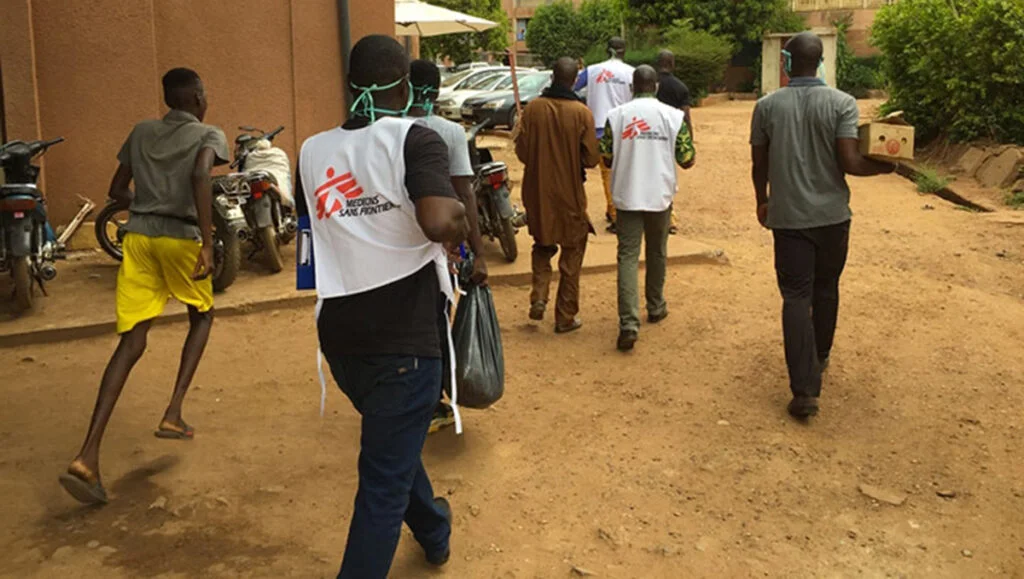Doctors Without Borders/Médecins Sans Frontières (MSF) swiftly responded to attacks on Bounty and Kikara villages in central Mali. On January 3, 2021, local residents alerted MSF about injured civilians needing urgent care.
MSF supported local authorities by sending two vehicles to transport eight seriously injured people to the Douentza referral health centre.
The patients suffered from gunshot wounds and explosion injuries, reflecting the brutal violence in the region. Central Mali has become the deadliest area for civilians, according to MSF’s Mali Country Representative, Juan Carlos Cano.
The escalating insecurity further limits access to essential medical care for thousands of Malians, compounding an already dire humanitarian crisis.
Medical Support Amid Rising Violence
At the Douentza referral health centre, MSF treated the eight patients with critical injuries from the village attacks. The organization has supported the centre since 2017, providing emergency care, pediatrics, neonatology, surgery, and internal medicine.
MSF also facilitates patient referrals from community health centres in Boni, Hombori, and Mondoro to Douentza, and transfers complex cases to Sévaré hospital. The recent violence underscores the challenges of delivering healthcare in Mali’s conflict zones.
“The security situation is deteriorating,” Cano said, noting that civilians bear the brunt of the crisis. Posts on X from January 2021 highlight public concern over recurring attacks in central Mali, with some users urging international intervention.
Central Mali’s Growing Humanitarian Crisis
Central Mali’s security has worsened, making it the country’s most dangerous region for civilians. The attacks on Bounty and Kikara are part of a broader pattern of violence, including armed clashes and ethnic conflicts. This instability severely restricts access to healthcare, leaving thousands without basic services.
MSF’s work in Douentza and surrounding areas is critical, but the escalating violence threatens operations. Community health centres, supported by MSF, struggle to meet growing needs as insecurity disrupts supply chains and mobility. The lack of safe access to medical facilities exacerbates the suffering of Mali’s rural population, many of whom rely on MSF for life-saving care.
MSF’s Role in Mali’s Healthcare System
Since 2017, MSF has been a lifeline for Mali’s healthcare system, particularly in Douentza. The organization strengthens emergency services and ensures patient transfers to higher-level facilities. In Boni, Hombori, and Mondoro, MSF supports community health centres, providing essential care to remote areas. The recent transport of injured patients from Bounty and Kikara demonstrates MSF’s rapid response capabilities.
However, ongoing violence challenges these efforts. MSF’s commitment to neutrality allows it to operate in conflict zones, but the scale of the crisis demands broader support. X posts from Malians in 2021 praised MSF’s work but called for more global attention to the region’s plight.
Future Challenges for Mali’s Civilians
The attacks on Bounty and Kikara highlight the urgent need for humanitarian aid in central Mali. MSF’s intervention saved lives, but the region’s worsening security threatens long-term stability. Civilians face not only violence but also limited access to food, water, and healthcare.
MSF’s Cano emphasized the need for safe medical access, warning that the crisis could deepen without intervention. As Mali grapples with conflict and displacement, organizations like MSF play a vital role. The international community must address the root causes of violence to protect civilians and ensure aid reaches those in need.






